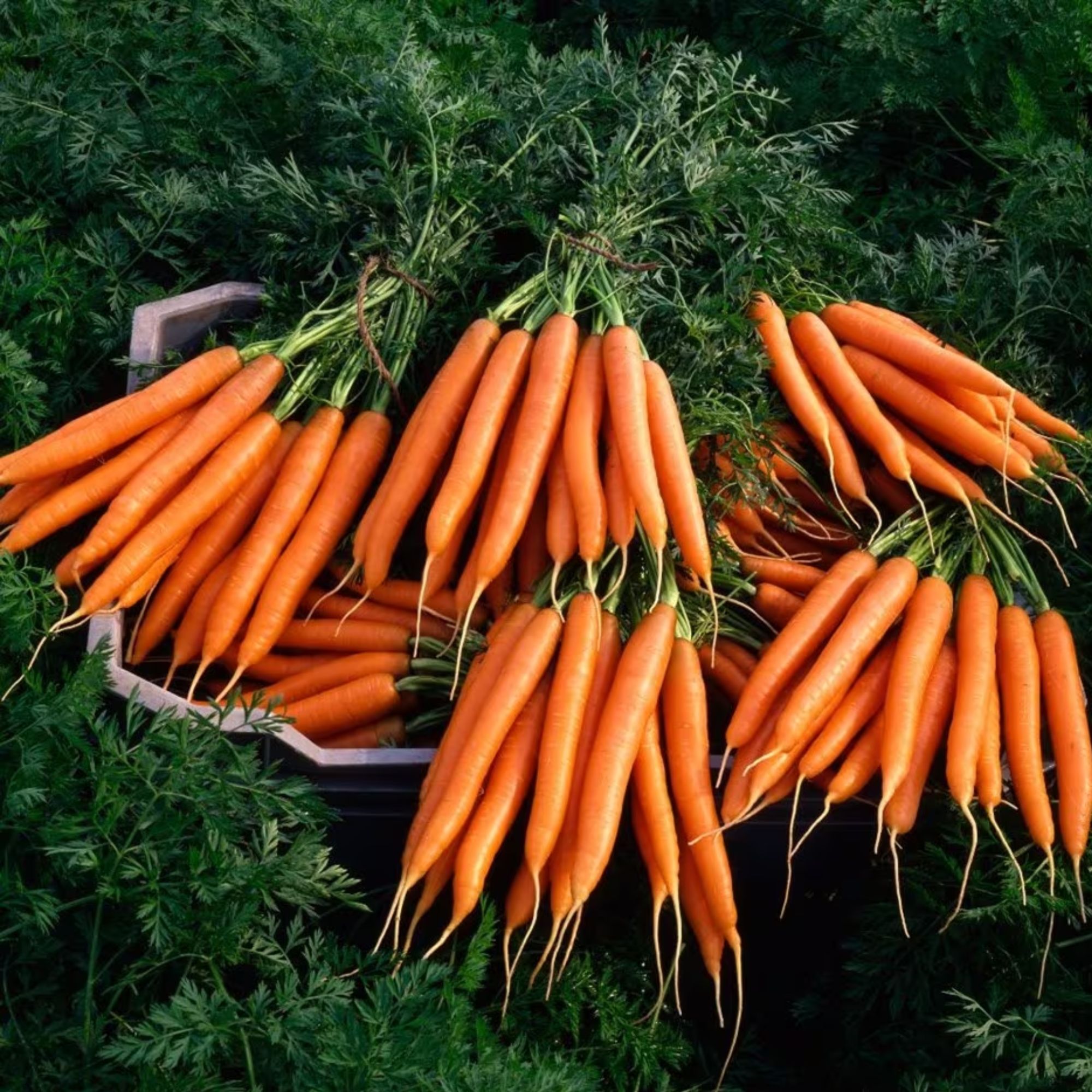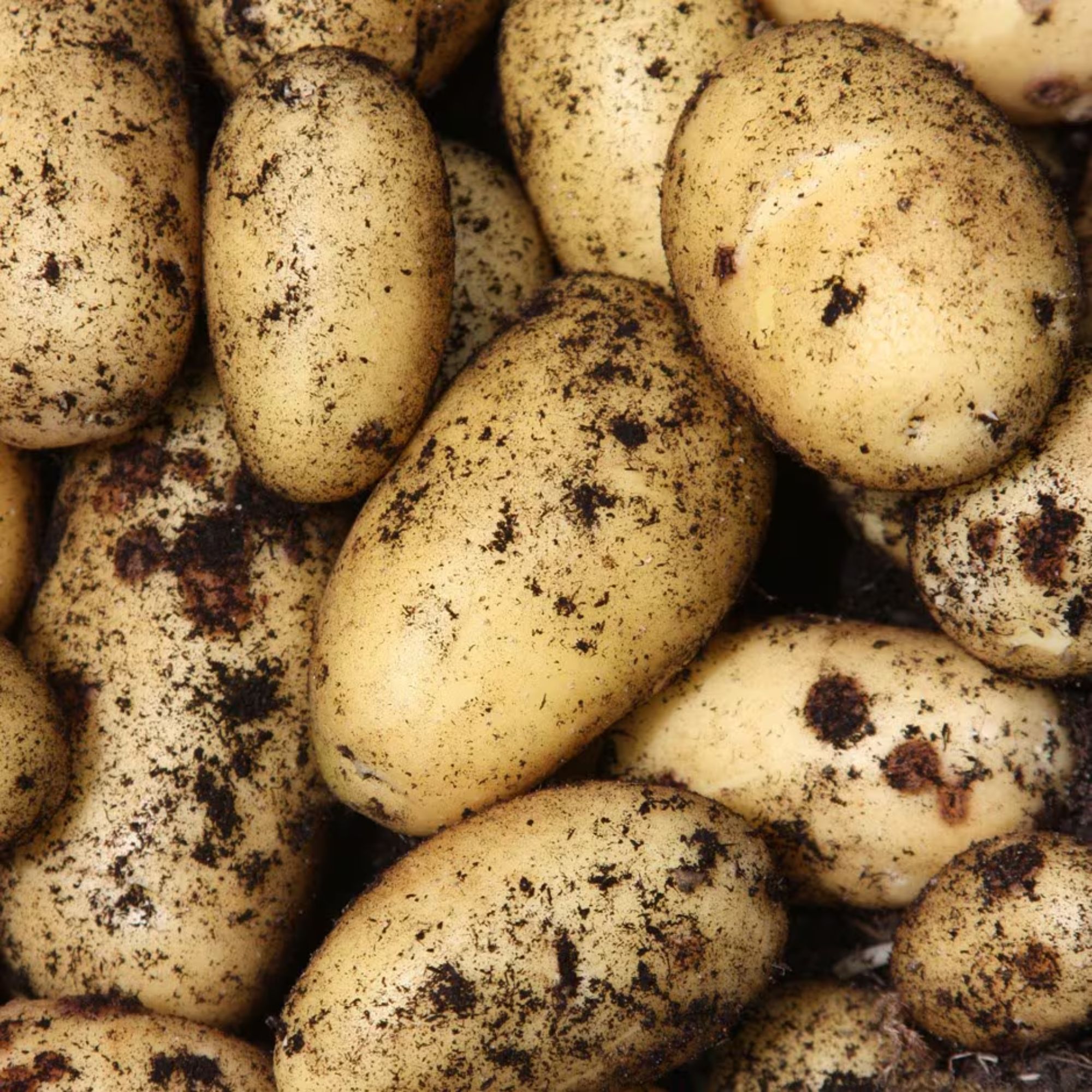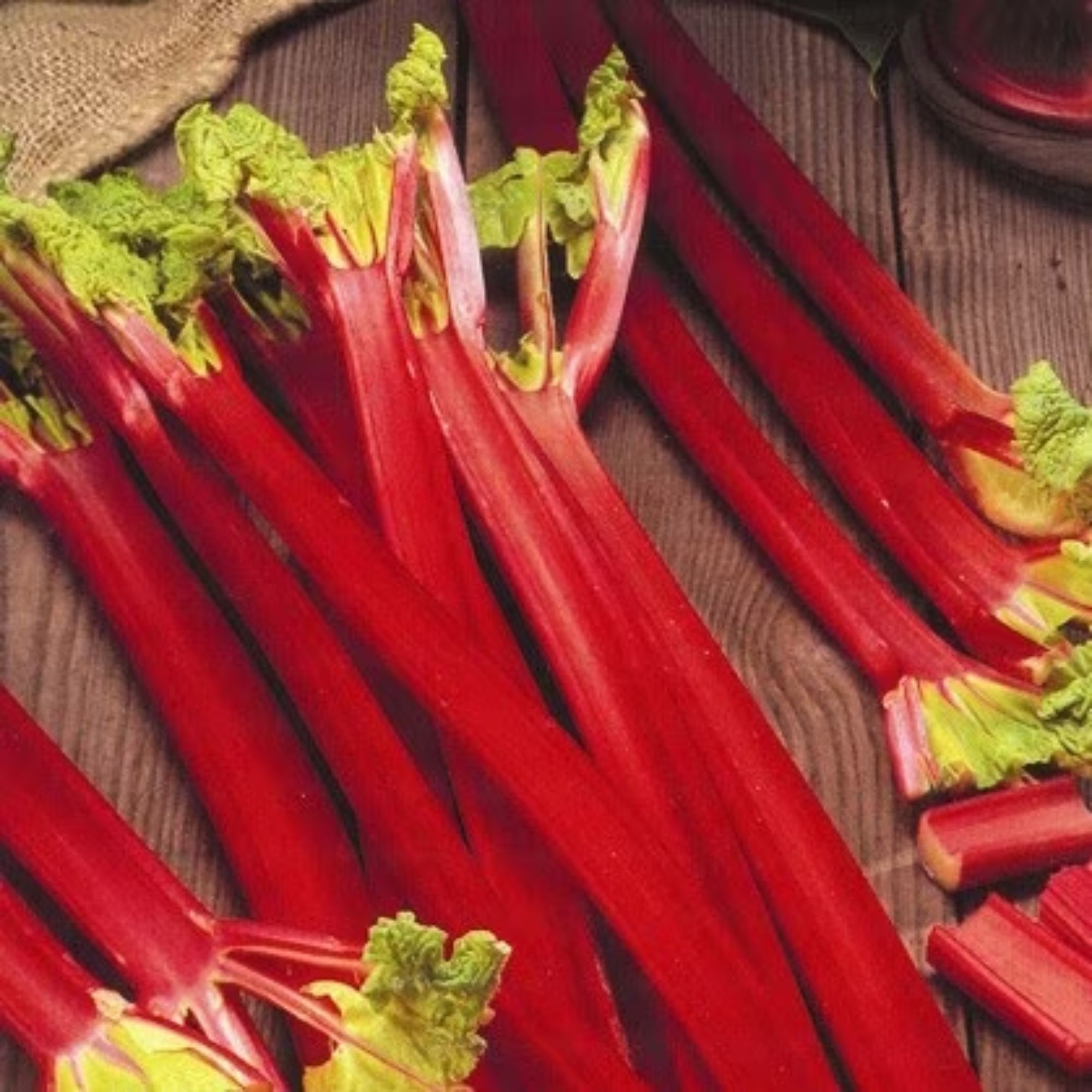These 5 magic words are the secret to a thriving vegetable garden, according to experts
Keen to grow your own vegetables, but not sure where to start? Let this clever mnemonic be your guide…


We don't want to get too poetic about it, but there's an undeniable magic to gardening; with a little earth, water and sunshine, you can create your very own outdoor oasis – so it makes sense that some gardeners have their own spells and cantrips to help the process along.
We're not talking about actual sorcery, of course; rather, we're talking about the 5 magic words – or mnemonic, if you prefer – that will help you to grow your own vegetables like a pro. Especially if you're hoping to start a small vegetable garden from scratch.
And the magic words are People Love Bunches of Roses. This refers to grouping vegetable crops together to create the perfect environment for healthy crops. People: Potatoes, Love: Legumes (peas and beans), Bunches: Brassicas (cauliflower, kale, cabbages, and so on), Of: Onions (garlic, leeks, and onions), Roses: Roots (carrots, beets, and parsnips).)
How? Why, by borrowing from the principles of companion planting and the plants that should never be grown together, of course.
The 5 magic words for vegetable garden success
'Knowing what plants grow well together (and don’t) is a key skill to learn to grow your food successfully,' says Mick Kelly, founder of GIY Ireland, 'and it’s simplified a little by the idea of crop rotation.'

Mick Kelly worked in the IT industry for 10 years before starting GIY in 2008 after a chance encounter with a bulb of Chinese garlic in a supermarket. He co-presented/produced three series of Grow Cook Eat for RTE which is now watched around the world on Amazon Prime. He also presents and co-produced the 6-part series Food Matters on RTE 1.
Noting that this concept is nothing more than a 'fancy term for grouping vegetables together in their "families" and then moving them around in your garden each year', Mick goes on to note that 'you never grow the same thing in the same part of your veg patch or raised bed each year'.
It's important to do this to prevent a build-up of annoying pests and diseases in the soil, he explains, not to mention keep your soil really healthy and fertile. And, thankfully, he has 5 magic words that will help us do this effortlessly.
Sign up to our newsletter for style inspiration, real homes, project and garden advice and shopping know-how
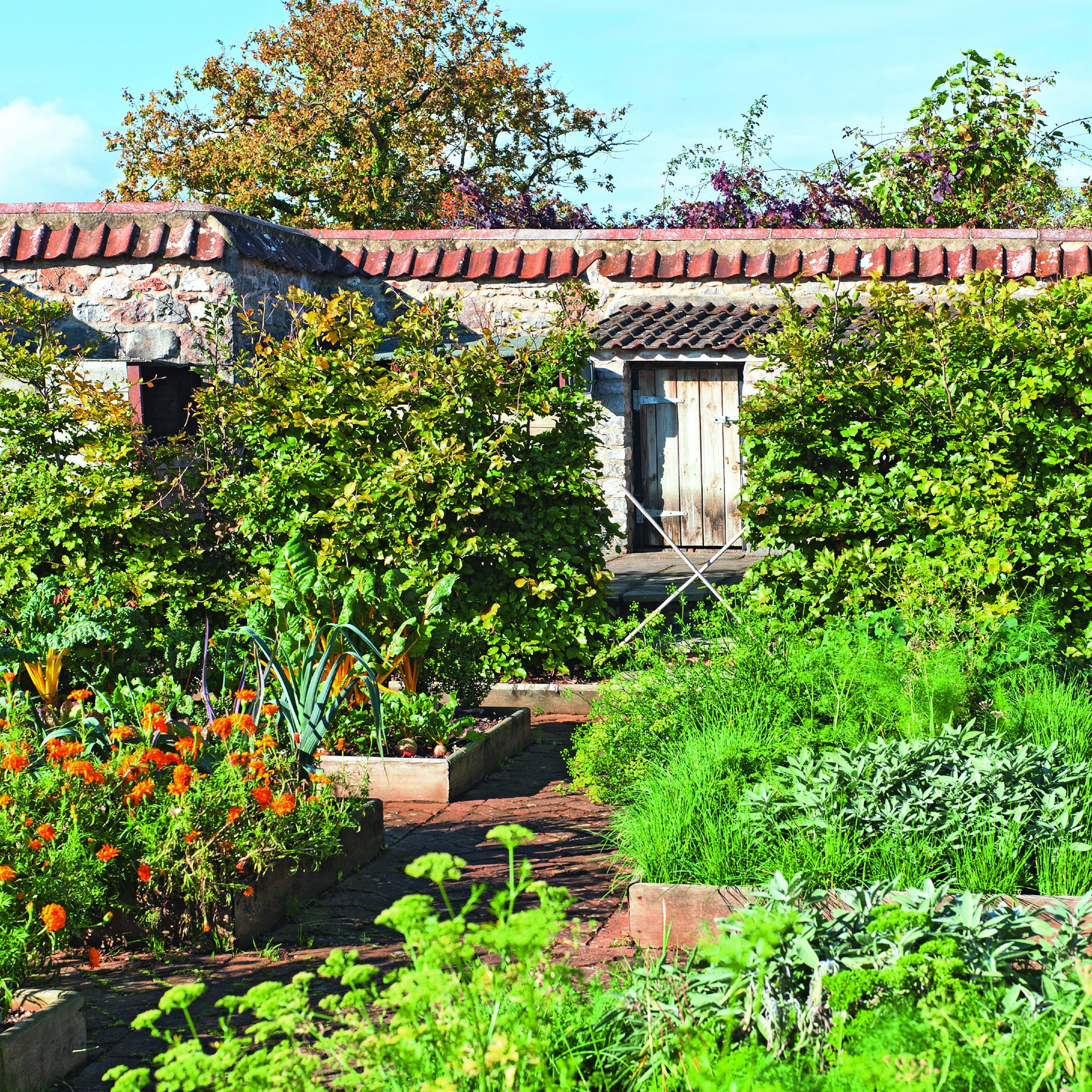
'There are loads of different crop rotation plans, but an easy one to remember is this five-year, five-bed crop rotation which you remember with the mnemonic People Love Bunches Of Roses,' shares Mick.
People: Potatoes
Love: Legumes (peas and beans)
Bunches: Brassicas (cauliflower, kale, cabbages, and so on)
Of: Onions (garlic, leeks, and onions)
Roses: Roots (carrots, beets, and parsnips)
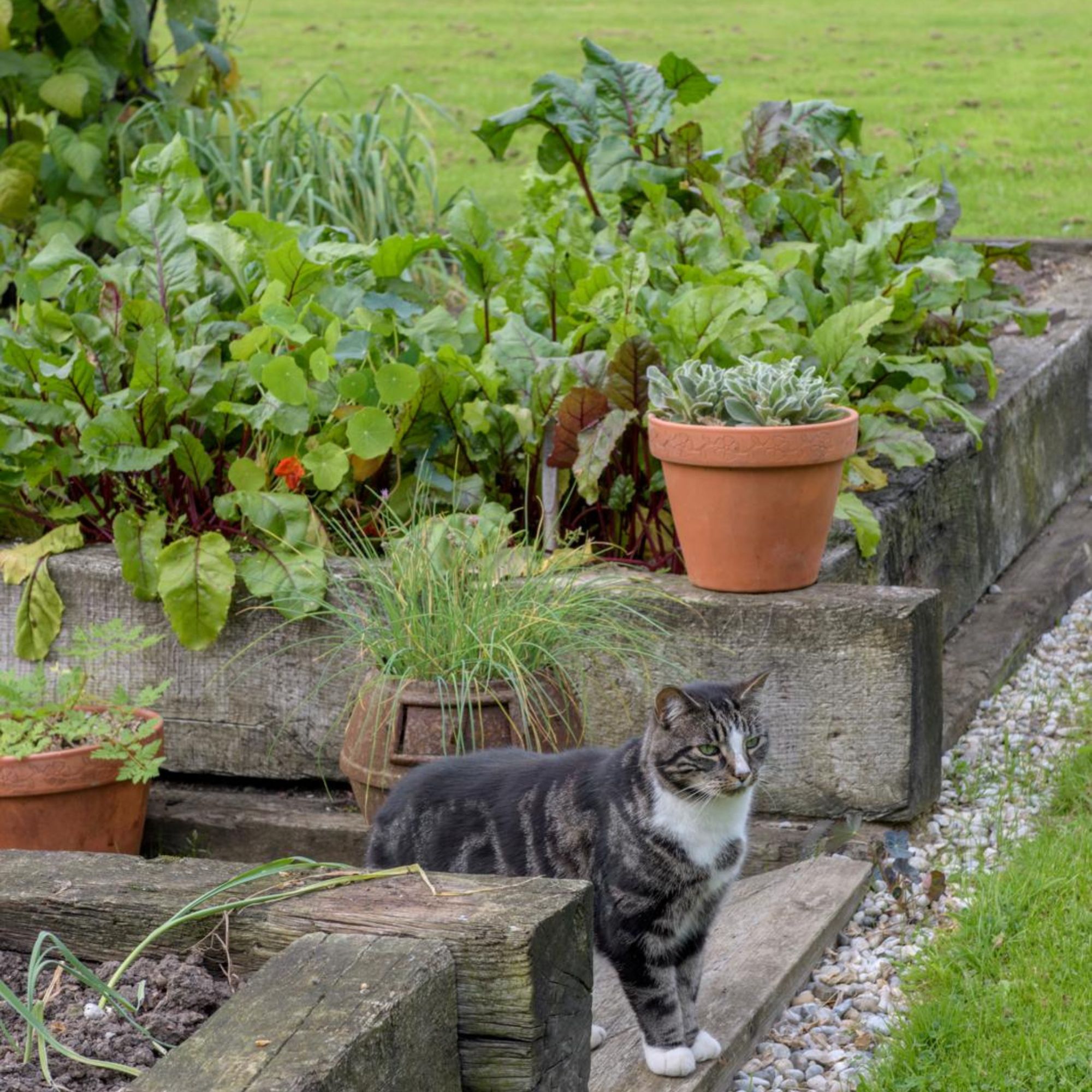
Essentially, if you grow potatoes in one area of your vegetable garden in year one, then you move them on to another area in year two and so on.
'They shouldn’t come back to their original bed until year six,' stresses Mick, 'and this is true of all the other vegetables on this list.'
Any vegetables that aren't covered by these 5 magic words can be planted wherever you have space –although the Royal Horticultural Society (RHS) suggests an extra section for perennial crops, such as rhubarb and asparagus.
There's an added benefit to all of this hard work and planning, of course; the RHS says that a good crop rotation plan can keep weeds at bay on your behalf.
'Some crops, like potatoes and squashes, with dense foliage or large leaves, suppress weeds, thus reducing maintenance and weed problems in following crops,' they promise.
And just like that, we truly believe in the power of those 5 magic words. After all, anything that does the weeding for us must be the work of a truly magical being...

Kayleigh Dray became Ideal Home’s Acting Content Editor in the spring of 2023, and is very excited to get to work. She joins the team after a decade-long career working as a journalist and editor across a number of leading lifestyle brands, both in-house and as a freelancer.
